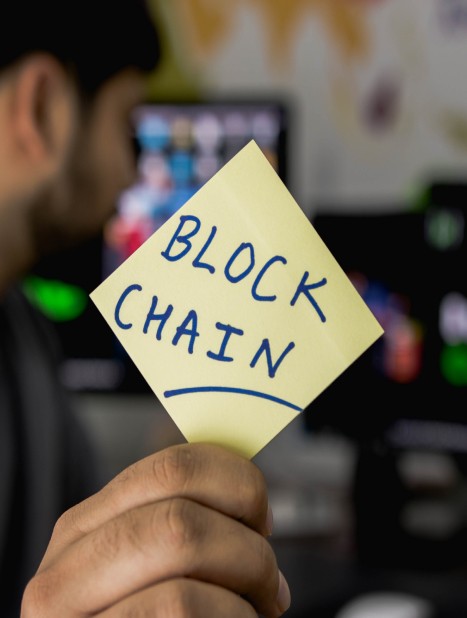Blockchain for Agri-Food Educators is an innovative project that seeks to transform the provision of education in the agribusiness, food science, and nutrition sectors through the strategic utilization of blockchain technology. By developing innovative pedagogical approaches that encompass a wide range of theories, methods, processes, and teaching concepts, this project aims to enable higher education educators to take the lead in digitizing the food sector while simultaneously addressing critical societal challenges within the food supply chain.

Deputy Commissioner for
Food Policy and Response at the US FDA

Blockchain is an important technological innovation that is rapidly gaining traction across many industries, including the food supply chain. Its ability to increase transparency, efficiency, and accountability in the food supply chain is truly transformative and has the potential to improve food safety, reduce waste, and increase profits for everyone involved.
Agrifood supply chains are complex and involve many actors — from small-scale farmers, primary processors, and traders to product manufacturers, distributors, retailers, and consumers. Emerging blockchain technologies, which improve transparency, security, and durability of supply chains, show promise for addressing the current limitations of food supply chain management:


will recommend effective pedagogic strategies for teaching digital skills in blockchain integration in agrifood education. Its results include a research report and a guide to aid understanding of the relationship between blockchain and key agrifood challenges / opportunities
will provide lecturers with pre-made resources for in-person or digital classes. This will help facilitate the transition to digital education in a field of study that is becoming increasingly digital. The project will produce three key results: the Blockchain Education in the Agrifood Sector Open Education Resources, the Classroom Teaching Pack, and the Online Course for Direct Study.
will promote the adoption of Blockchain for Agri-food Educators among partners, peers, networks, and the wider education and agri-food sector. Its goal is to ensure the long-term sustainability and impact of the project.